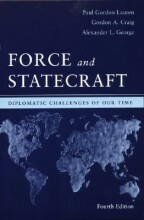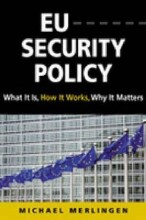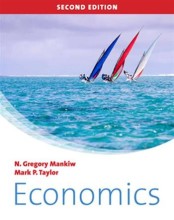Deterrence
6 important questions on Deterrence
What is the strategy of ‘massive retaliation’?
For example, in the Peloponnesian War the leaders mobilized troops and put fleets near each other’ coasts to deter the aggression of the other party and make the opponent carefully reflect before attacking. Machiavelli said that showing force would lead the adversary to reflect upon the costs and risks of launching an attack and therefore deter him from aggression
1. Why was Deterrence not previously an important factor in statecraft? What changed this?
Bargaining with threats was a complex aspect because before there was no distinction between the power to hurt and the power to destroy. However, this changed with the invention of strategic bombing. This meant that countries could hurt each other without destroying each other military forces. Therefore, this led to the distinction between the threat and power to hurt and the threat and power to destroy.
1. What was the significance of the Sputnik satellite launch?
- Higher grades + faster learning
- Never study anything twice
- 100% sure, 100% understanding
1. From what threat was the Congress of Europe set up to deter, and how in practice was this enforced?
1. What was the strategic danger to the US of an overaggressive Taiwan?
Why does deterrence often not work versus non-state actors?
The question on the page originate from the summary of the following study material:
- A unique study and practice tool
- Never study anything twice again
- Get the grades you hope for
- 100% sure, 100% understanding
































